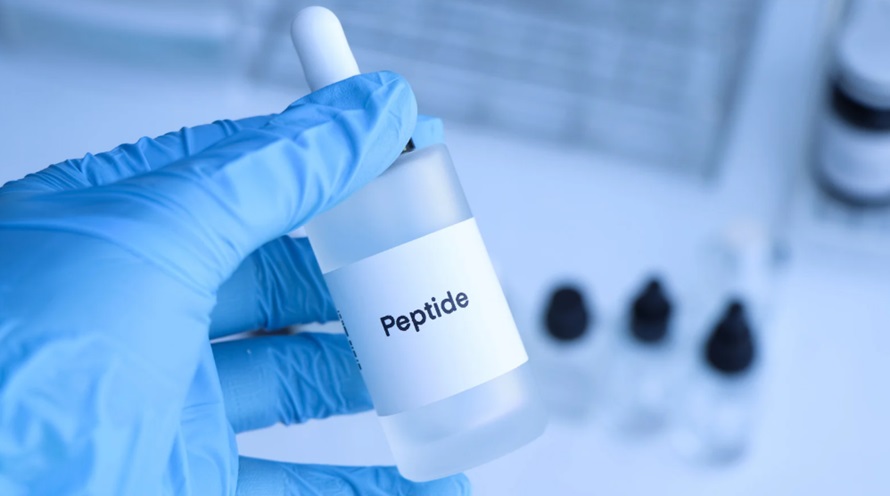Dental emergencies can be unexpected, painful, and sometimes even scary. Knowing how to handle common dental emergencies effectively can make a significant difference in the outcome, whether it is a broken tooth, severe toothache, or knocked-out tooth.
You must know some of the most common dental emergencies and how to respond. By being prepared and knowledgeable, you can feel more confident and in control during a dental emergency and ensure the best possible outcome for your dental health. You can also consider contacting Fairfield, ME dental office if you face any dental emergencies.
Handling common dental emergencies properly:
- Lost filling or crown
A lost filling or crown can cause discomfort and sensitivity and should be addressed immediately. In the event of a lost filling or crown, you can use dental cement, sugarless gum, or toothpaste to cover the affected area temporarily. It can help alleviate discomfort and prevent further damage until you see your dentist. It is essential to contact your dentist as soon as possible to schedule an appointment for a permanent replacement.
- Knocked-out tooth
A knocked-out tooth is a severe dental emergency that requires immediate attention. If a tooth is knocked out, handle it by the crown and rinse it with water, but do not remove any attached tissue. Attempt to reinsert the tooth into the socket or place it in milk or saliva until you can see a dentist within 30 minutes. Quick action is crucial for the best possible outcome, as a knocked-out tooth may be able to be saved if treated promptly. Contact your dentist as soon as possible for further instructions and care.
- Broken tooth
If you experience a broken tooth, rinse your mouth with warm water and apply a cold compress to your face. Save any broken pieces and contact your dentist as soon as possible. Your dentist may be able to restore the tooth with a filling, crown, or other treatment, depending on the severity of the break. Delaying treatment can lead to further damage and pain and may require more extensive dental work.
- Soft-tissue injury
Soft-tissue injuries in the mouth, such as cuts or tears, can be painful and uncomfortable. You can eliminate the swelling around or in your mouth by rinsing it with salt water and applying a cold compress to the affected area. If bleeding persists or the injury is severe, seek immediate professional care. Your dentist can evaluate the injury and recommend appropriate treatment to promote healing and prevent infection. Delaying treatment can lead to further complications and require more extensive dental work.








